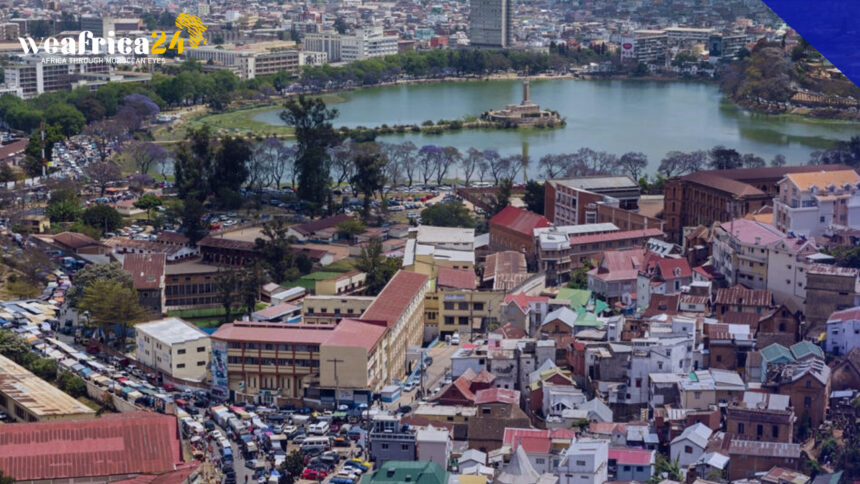Madagascar is experiencing a rapid surge in urbanization, with projections indicating that by 2036, over half of the population will reside in urban areas, a substantial increase from the current 30%. The pace of urban growth on the island nation has outpaced that of several other African countries in recent years.
However, is Madagascar adequately prepared to navigate this significant transformation? According to the latest report from the World Bank, the answer is a resounding “no”. The institution contends that past urbanization trends have failed to yield positive outcomes for the lives of Malagasy citizens.
The capital city, Antananarivo, serves as a stark example of the challenges associated with unplanned urbanization. Originally designed to accommodate 400,000 residents, the city now hosts nearly three million inhabitants sprawled across its hillsides, with many lacking access to lucrative economic opportunities.
In line with patterns observed in other Malagasy cities, approximately 60% of jobs in Antananarivo are informal, a trend that undermines both the state and its public services, as elucidated by Miangaly Rabodomalala, the principal author of the report and a consultant in urban development.
The World Bank’s report underscores the urgent need for Madagascar to adopt strategic measures to leverage its burgeoning urban centers as catalysts for sustainable development. This entails not only addressing the shortcomings of past urbanization policies but also implementing innovative solutions to enhance economic opportunities, improve infrastructure, and bolster public services.
By proactively harnessing the potential of its cities, Madagascar can pave the way for inclusive growth and prosperity, ensuring that the benefits of urbanization are equitably distributed across its population. As the nation charts its course toward a more urbanized future, collaborative efforts between government stakeholders, development partners, and local communities will be imperative in shaping a resilient and prosperous urban landscape.
In essence, Madagascar stands at a pivotal juncture where strategic interventions can transform its cities from sources of vulnerability into engines of sustainable development and opportunity for all.







